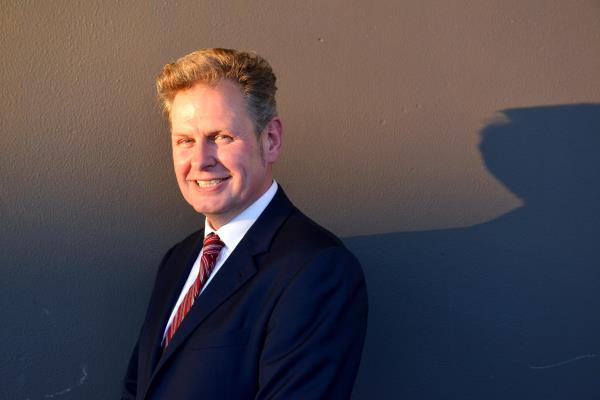
By KATHRYN BERMINGHAM
MCMILLAN Labor candidate Chris Buckingham has defended his role on a La Trobe City Council advisory committee.
The newly announced candidate, who said the issue had been regularly raised with him since a 2006 Auditor-General’s report was released, was unsure how it would affect his candidacy for the Liberal held seat.
“Every time I start a new gig of any consequence, this is when this matter comes up,” he said.
“Will it impact on me now? Maybe it will, maybe it won’t.”
In 2003, a panel, of which Mr Buckingham was a member, awarded his company Go To a marketing contract without obtaining quotes from other marketing consultants.
It was later revealed that Mr Buckingham was given almost triple the agreed amount for his work.
The Latrobe Valley Marketing Advisory Panel, or LVMAP, was established in 2001 to oversee a marketing campaign which was designed to improve economic and social conditions in the area and build the confidence of communities in the region.
In an interview with The Pakenham Gazette last week, Mr Buckingham was unable to recall whether or not he was an active member of the panel at the time his company was awarded the contract.
“I was on that panel in the first instance,” Mr Buckingham said.
“I can’t remember whether or not I stepped off the panel and remained in a secretary type function – I honestly can’t remember.”
The LVMAP was the subject of a 2006 Victorian Auditor-General’s Office report into the conduct and spending of the group.
In its investigation, the VAGO report found several issues in the way the panel had acted, including a $302,900 overspend which was eventually covered by ratepayers.
It also addressed the LVMAP’s failure to put contracts under $100,000 out for tender, including the contract secured by Mr Buckingham.
“The failure to obtain competitive quotes for certain LVMAP-related contracted expenditures under $100,000, while not a breach of formal council policy, was also, in our view, a breach of good practice in terms of the application of value-for-money principles,” the report reads.
“In relation to one contract for $62,400, while a project brief was prepared by the council, we found no evidence that it was issued to any parties other than the supplier that was engaged,” it said.
“This supplier was also a member of the LVMAP and panel members were aware of the appointment.”
Mr Buckingham said last week that he was not aware that there was no competitive bidding process.
“I figured there was a competitive process, that the CEO and the chair of the Marketing Advisory Panel looked to the field of consultants that were available locally and gone ‘you know what, this bloke’,” he said.
“But as the consultant, as the contractor, really my responsibility was not to provide government an oversight of the lending of my contract.
“I wasn’t aware that it wasn’t a competitive process at the time. I found that out right at the very end.”
The VAGO report also highlighted procedural concerns about breaches that occurred in the carrying out of contracts.
“Council expenditure policies require variations greater than 20 per cent of the contracted price to be approved prior to payment,“ the report said.
“For contracts with a value greater than $100,000, council approval is required.
“Contracts with a value less than $100,000 require CEO approval,” it said.
While Mr Buckingham’s initial contract was valued at only $62,400, the report revealed that his actual earnings was almost triple this figure.
“In one case, a supplier was contracted to provide project management services to the LVMAP until August 2003 at a total price of $62,400,“ the VAGO report said.
“Services under this contract were provided until May 2004 at a total cost of $175,881, however no new project briefs were issued for the additional services.
“In addition, we found no evidence of formal approval by the CEO or the council of this and several other significant variations we found.”
See the full interview with Chris Buckingham on pages 14 and 15.






